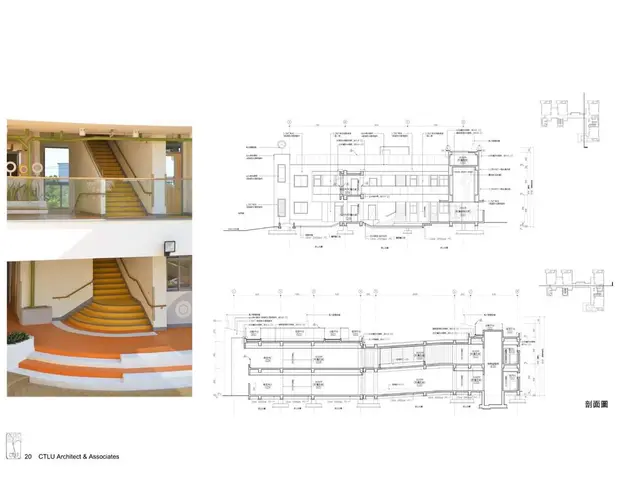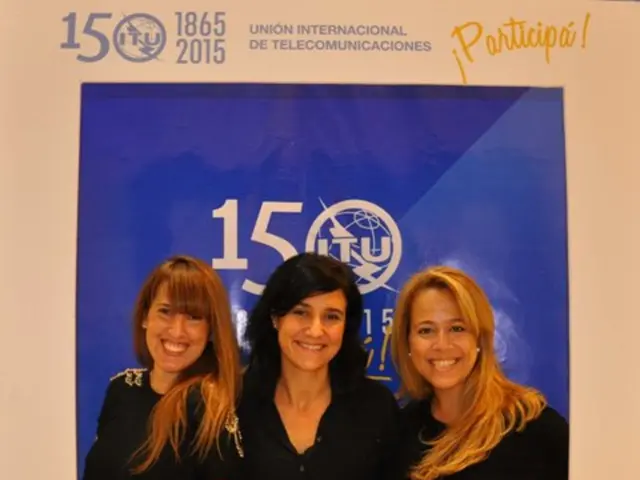Finance Management Organization (FMO) secures €130 million syndicated loan for QNB Leasing in Turkey
A significant €130 million syndicated A/B term loan facility has been arranged by FMO, the Dutch development bank, for QNB Leasing, one of Turkey's largest leasing firms. The loan is designed to support clean energy projects and finance micro, small, and medium-sized enterprises (SMEs) with a focus on beneficiaries such as women, youth, rural, and agricultural development.
The loan structure follows an A/B format, a common approach that combines a senior loan portion (A loan) provided directly by the arranging bank, with a syndicated portion (B loan) wherein other investors participate, often to mobilize additional private capital alongside development finance.
FMO leads the loan syndicate, with Cassa Depositi e Prestiti (CDP), the Italian development bank, as a parallel lender. B-loan participants include responsAbility, the Global Climate Partnership Fund, BlueOrchard Microfinance Fund, and Atlantic Forfaiting — all European impact investors focusing on sustainable development investments.
36% of the funds will be allocated for renewable energy and energy efficiency projects, while the remainder will target QNB Leasing's SME clients to promote sustainable and inclusive economic growth in Turkey. This financing aims to catalyse sustainable economic development in Turkey’s sizable SME sector, which accounts for about 70% of the country's employment.
The loan syndicate's customer benefits from a simplified borrowing agreement, potentially longer-term loans, and access to new lenders with similar impact goals. B-loan participants, in particular, benefit from the lead development bank's networks, international clout, and expertise in deal structuring and impact investing.
QNB Leasing has been operating in Turkey since 1990 and this financing marks another step in its commitment to supporting clean energy projects and SMEs. Previously, the International Finance Corporation has invested $100m in QNB Leasing to support sustainable energy financing and blue finance initiatives related to the ocean economy.
This financing comes at a time when the Turkish government has plans to invest some $20bn in energy efficiency measures by 2030, as part of efforts to achieve a 16% reduction in primary energy consumption. The European Bank of Reconstruction and Development recently deployed an A/B structure to mobilize €100m of additional private sector investment for solar projects in Latvia.
In another notable development, Cibus Capital co-led a $40m investment in a robot mushroom startup, demonstrating the growing interest in sustainable and innovative investments.
[1] Source: FMO Press Release, 16th April 2021.
- The A/B term loan facility, worth €130 million, arranged by FMO for QNB Leasing is targeted towards clean energy projects and the financing of micro, small, and medium-sized enterprises (SMEs), particularly those benefiting women, youth, rural, and agriculture development.
- FMO leads the loan syndicate, with Cassa Depositi e Prestiti (CDP) as a parallel lender, and B-loan participants including responsAbility, Global Climate Partnership Fund, BlueOrchard Microfinance Fund, and Atlantic Forfaiting - all European impact investors focusing on sustainable development investments.
- The loan structure, with 36% allocated for renewable energy and energy efficiency projects, aims to promote sustainable and inclusive economic growth in Turkey, particularly within the significant SME sector that accounts for about 70% of the country's employment.
- QNB Leasing, a Turkish leasing firm established in 1990, previously secured a $100m investment from the International Finance Corporation for sustainable energy financing and blue finance initiatives related to the ocean economy.
- The Turkish government plans to invest $20bn in energy efficiency measures by 2030, as part of efforts to achieve a 16% reduction in primary energy consumption, and the European Bank of Reconstruction and Development recently deployed an A/B structure to mobilize €100m of additional private sector investment for solar projects in Latvia.
- In the realm of sustainable and innovative investments, Cibus Capital co-led a $40m investment in a robot mushroom startup, signifying a growing trend in this sector.
- Sustainable finance, as demonstrated by this loan facility and numerous others, plays a vital role in supporting energy transition, environmental-science, and fashioning a more sustainable and inclusive business environment, which is crucial in mitigating climate-change effects.
- Collaborative efforts between the finance industry, environmental-science, and the government can help to stimulate economic development, investing in renewable-energy projects, and fostering financial inclusion within industries such as real-estate, while supporting the ocean economy and combating the negative impact of energy consumption on the environment.




